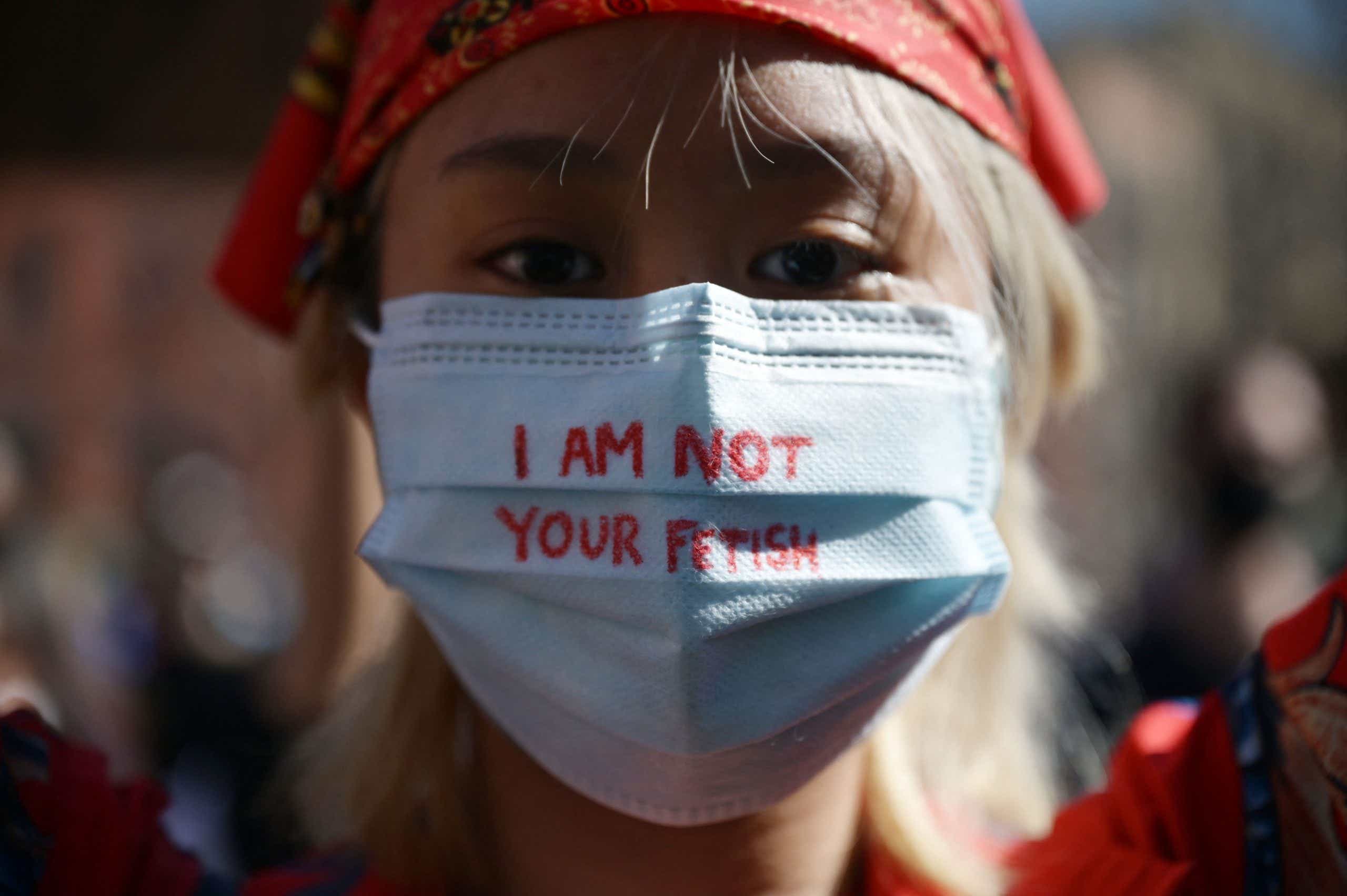When a man gunned down eight people in massage parlors spread across the Atlanta area last week, it felt like the culmination of an alarming rise in anti-Asian hate incidents that ticked up during the pandemic.
Six of the victims were women of Asian descent working at Asian-owned parlors.
Officials identified the suspect as Robert Aaron Long, a 21-year-old white man who claimed the violence he unleashed wasn’t racially motivated. Long, instead insisted he had a “sex addiction” and saw the parlors as a “temptation” he wanted to eliminate.
Asian-American women everywhere balked. The gendered racism I’ve encountered is so commonplace, I was struck that officials seemed blind to it. Just last week, a friend and I had a picnic of pho in the park, and as we gathered our empty takeout containers to leave a man followed us to the car, trying to get our attention by repeating “ni hao” until I turned and told him that I don’t speak Chinese.
We’re all too familiar with what Elaine H. Kim, a professor emeritus in Asian American and Asian Diaspora Studies, calls a “particular brand of racism,” one that can’t be separated from misogyny. This “hypersexualization and objectification” of Asian women is deeply entrenched in western popular culture, as Pulitzer Prize-winning novelist Viet Thanh Nguyen told KCM.
Nguyen points to early depictions like Madame Butterfly, which paints the Asian woman as “self-sacrificing,” preferring “white men to Asian men, and who willingly die” for their love. And then there’s the more brutal portrait found in Full Metal Jacket, where a Vietnamese prostitute tells two young Marines “me so horny” and “me love you long time,” — a refrain later popularized in a song by 2 Live Crew.
Kim also points to U.S. military incursions into Asia, which brought American servicemen into contact with sex workers in the region. This created a dynamic enjoining “yellow peril” with “yellow fever,” making the Asian woman an “object of hatred and lust,” May Jeong wrote in a New York Times op-ed last week. That dynamic’s also present in the Page Act of 1875, the first restrictive federal immigration law in the U.S., which barred Chinese women from entering the country, Nguyen said.
“The assumption behind the act was that all Chinese women were potential prostitutes,” Nguyen said in an op-ed draft shared with KCM. “This idea that Chinese women specifically, and Asian women in general, are both sexual temptation and sexual threat, to be used or to be punished, or both, seems directly connected, a century and a half later, to the self-proclaimed impulse that drove the Atlanta gunman to Asian massage parlors.”
Despite FBI Director Christopher Wray saying that the attacks don’t appear to be racially motivated, many remain unsure. Atlanta Mayor Keisha Lance Bottoms said she’s taking Long’s explanation, that the shooting was driven by his sex addiction, “with a grain of salt,” while Georgia Sen. Raphael Warnock said on Meet the Press last weekend that “we all know hate when we see it.”
Tammy Duckworth, one of only two Asian Americans in the Senate, expressed her skepticism on Face the Nation.
“From where I sit, I want to see a deeper investigation into whether or not these shootings and other similar crimes are racially motivated,” she said. “It looks racially motivated to me.”
Written and reported by Rachel Uda.









